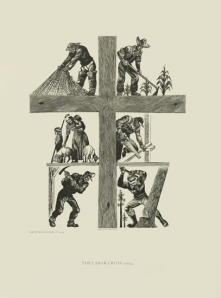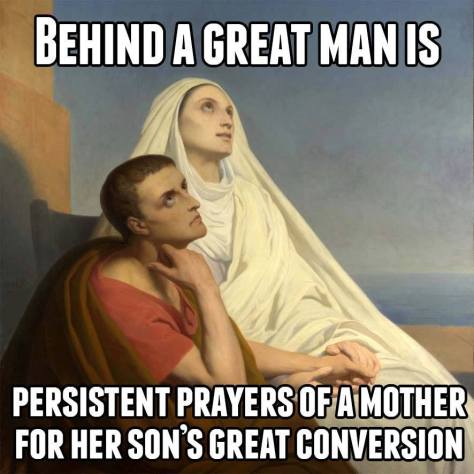This piece is on my mind at lot this week as we are singing this for a High Mass at the Basilica of Holy Hill next Thursday…enjoy the awesome Gloria Patri at the end!
Psalm 130 is a beautiful Psalm text for Lent. In my small-group yesterday, we talked a lot about the psalms, especially how great they are to pray with. Psalms make great scripture study!
Here is the text of Psalm 130:
De profundis clamavi ad te, Domine;
Domine, exaudi vocem meam. Fiant aures tuæ intendentes
in vocem deprecationis meæ.
Si iniquitates observaveris, Domine, Domine, quis sustinebit?
Quia apud te propitiatio est; et propter legem tuam sustinui te, Domine.
Sustinuit anima mea in verbo ejus:
Speravit anima mea in Domino.
A custodia matutina usque ad noctem, speret Israël in Domino.
Quia apud Dominum misericordia, et copiosa apud eum redemptio.
Et ipse redimet Israël ex omnibus iniquitatibus ejus.
Gloria Patri…
From the depths, I have cried out to you, O Lord;
Lord, hear my voice. Let your ears be attentive
to the voice of my supplication.
If you, Lord, were to mark iniquities, who, O Lord, shall stand?
For with you is forgiveness; and because of your law, I stood by you, Lord.
My soul has stood by his word.
My soul has hoped in the Lord.
From the morning watch, even until night, let Israel hope in the Lord.
For with the Lord there is mercy, and with him is plenteous redemption.
And he will redeem Israel from all his iniquities.
Glory to the Father…


